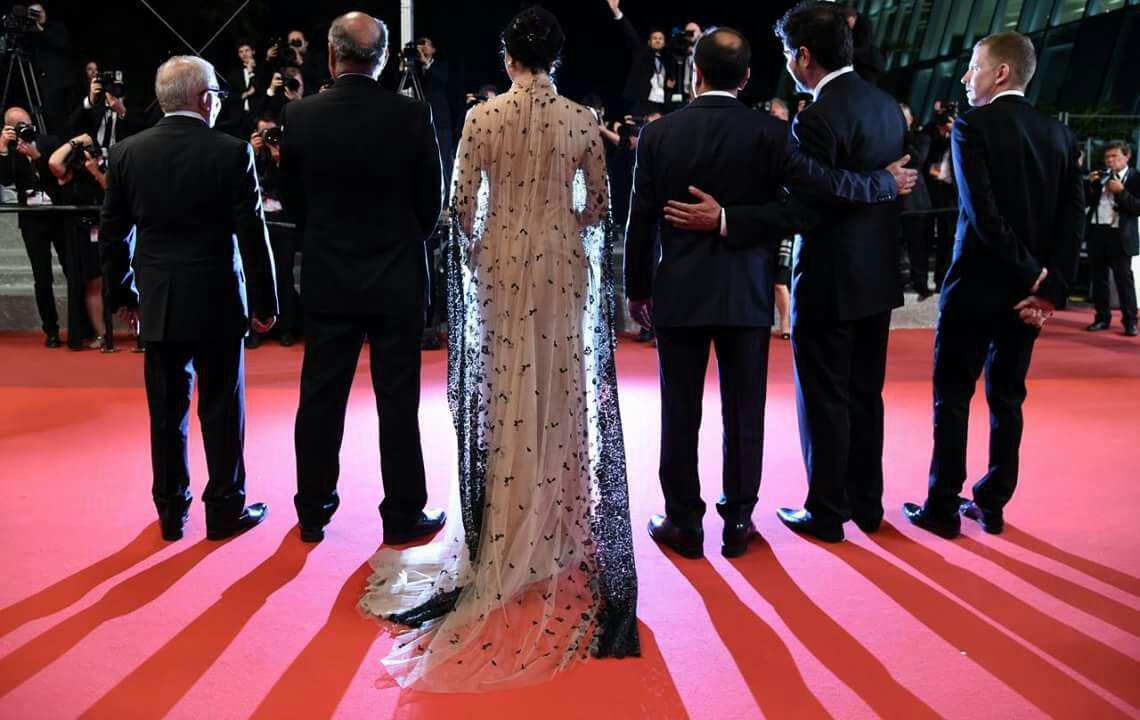IFP Editorial Staff

In a Sunday message to commemorate the national Rumi day, the Iranian foreign ministry said “Rumi’s divine language is a universal language associated with divine nature and breathes life into it.”
“Maybe this very universality of Rumi’s language has prompted some to associate their names with Rumi’s and leave no stone unturned to take possession of this master of mystic poetry and make imaginary and illusory and untrue statements to create the impression that Rumi had deviated from the Persian literature and culture,” the message said, alluding to efforts by Turkish officials to call Rumi a Turkish poet.
“The reality is that Rumi has written poems only in Persian,” the Iranian foreign ministry said.
“In our estimation, Rumi is an integral part of the lofty history, culture and literature of Iran and the whole cultural world, which has long been associated with the Iranians’ behaviour and language.”
“Still, we believe that Rumi’s poetry can link nations and bring about further convergence among people who are attached to this renowned Iranian poet,” it added.
It also noted that “in a world devoid of mysticism, love and spirituality, understanding Rumi’s message can solve many of the problems of the human community.”
The message referred to Rumi as the “connecting point between poetry, mysticism and philosophy in the Persian literature.”
“He was a rare genius of history who learned mysticism with great master Shams, and created everlasting works of mysticism and the school of love in the Persian language, so much so that his magnum opus, Masnavi, was called The Quran in the Persian language,” it added.
“Today, September 30, is the day when this prominent Iranian poet is commemorated. On this occasion, we congratulate all intellectuals, culture-loving Iranians, all Persian-speaking people and all those who love the Persian language and those who regard Rumi’s poetry as an integral part of their identity,” it added.
The message came after Turkish President Recep Tayyip Erdogan, in his address to the UN General Assembly earlier this week, referred to Rumi as a Turkish poet, which is a distortion of history, as the renowned Persian poet is just buried in Konya, the modern-day Turkey, and all his poems are in Persian.


No comments:
Post a Comment